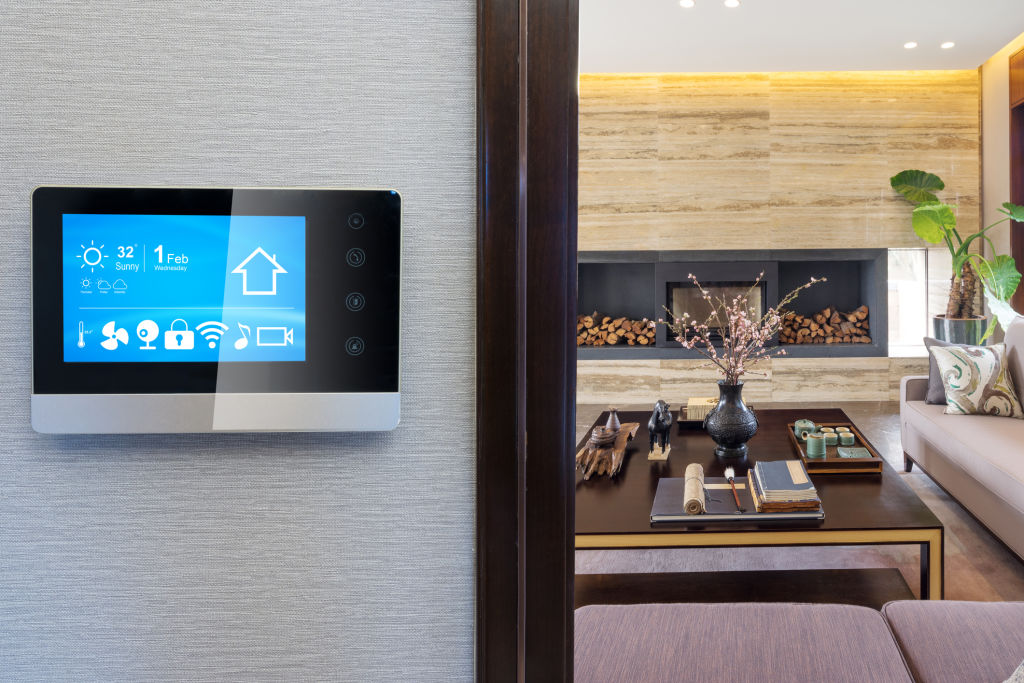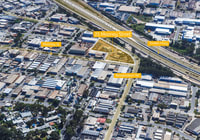
Real estate industry backing off costly tech that dates too quickly
Australian corporate real estate companies are less likely to spend on technology than their international peers because they fear it will fall out of date before it’s given any value, JLL’s latest Future Fit report shows.
The report, based on the Future of Work survey of 561 organisations around the world – 25 of them in Australia – show that Australian companies allocated on average 4 per cent of their budget to new commercial real estate technology, less than the global figure of 7 per cent.
“Australians on the whole love the idea of technology but that doesn’t necessarily correlate to investing in it,” said JLL’s Australian head of digital Solutions, Michael Taggart.
“We have a conservative approach and with the rapid pace of change we are worried that if we invest in something new right now, in 12 months it will already be superseded.”
The findings echo other reports, such as a survey by EY last month showing Australian real estate companies lagged their global counterparts in adopting productivity-boosting measures such as automation, said the hurdles to adopting new technology were greater and were more doubtful that the new technology would make a difference.
The concern is genuine. Jason Chuck, the chief consumer officer of listings company Domain – majority owned by Nine, publisher of The Australian Financial Review – told last month’s AFR Property Summit that developers had been burnt before when they put in home-control technology hardware that was subsequently overtaken by cloud computing.
“When you look at technology being built into a building, just a few years ago, on the residential side, everyone was putting in a [hardwired] c-bus [control],” Mr Chuck said.
“They were looking at how you prewire all your AV and all the various pipes you needed to put in. Now everything’s in the cloud.”
Part of the hesitation to spend may also lie in Australia’s physical distance from some of the world’s biggest tech producers, JLL’s Mr Taggart said.
“A lot of tech initiatives are driven by the US and Europe. We like to see things evolve naturally in Australia and Asia,” Mr Taggart said.
Despite this, more than one-third of Australian real estate companies considered themselves early adopters of new technology, compared with 25 per cent globally. As much as 36 per cent of the respondents said tech was a top investment priority in the next three years.
Almost one-third said workspace and employee experience technology was a priority, compared to 30 per cent globally. Australians were particularly interested in investing IT services linked to pay, annual leave, meeting room bookings and locating staff within a building.
“The solutions are there, but Australians are less into rolling them out on a large scale,” Mr Taggart said.
“In a portfolio of 30 buildings, perhaps only half will have the new
technology. People expect to measure a result based on a small sample of their portfolio, and that’s part of the problem.”
Mr Taggart said investment in commercial real estates technology would help companies track data such as energy consumption across their portfolio.
“They can see a direct correlation between spending money and saving money,” he said.











